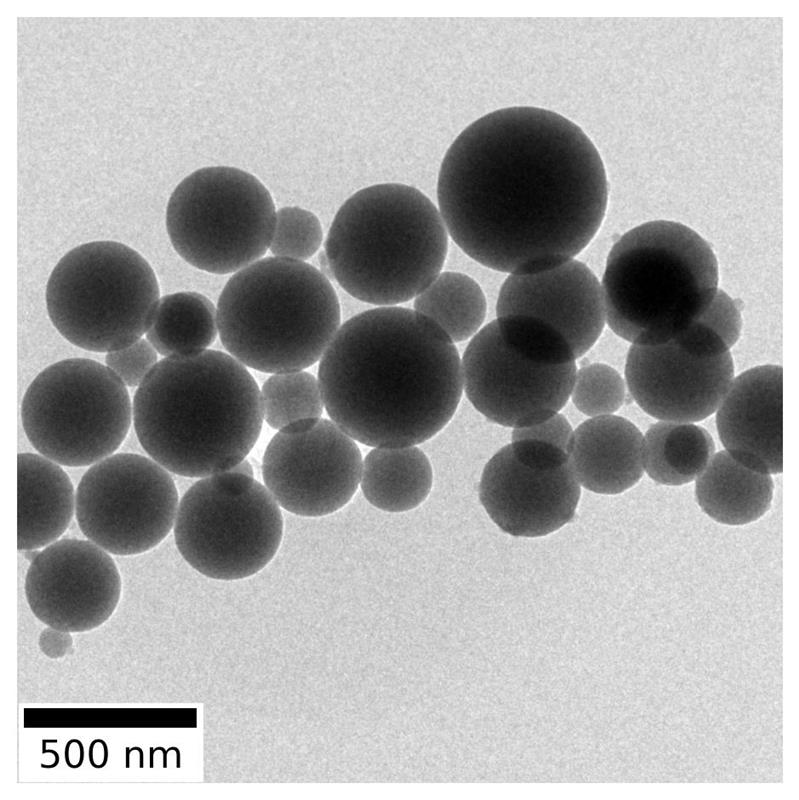PhDs @ CCHT: Doctoral programmes in Cultural Heritage
This section displays the PhD opportunities in Cultural Heritage available at the Istituto Italiano di Tecnologia, where we believe that human-centred science and technology can solve the most pressing societal challenges of our time. At our Genoa headquarters and the other 11 centres, such as the Center for Cultural Heritage Technology (CCHT) in Venice, we offer a multidisciplinary scientific experience that will advance your professional life to the next level.
If you are interested in cultural heritage technology, our Venice centre is the place to be. We integrate expertise from computing and conservation sciences to deliver cutting-edge research. Our state-of-the-art instruments within the IIT network (such as one of the ThermoFishert Spectra 300, on the most advanced TEM microscopes in the world, and the High-Performance Computing Franklin, one of the most powerful supercomputers in Europe) give us the tools to make an impact in the scientific community and to publish in high-impact journals. A strong network of collaborators in internationally renowned centres opens up valuable academic and partnership opportunities.
As a CCHT PhD student, you will enjoy a series of benefits, including a designated office space, a personal laptop, and all the necessary tools to ensure a comfortable and productive work environment. You will also have access to highly specialised software (such as Origin, Matlab, ArcGIS, ENVI) as well as constant technical support. Additionally, you will have access to a large laboratory dedicated to developing new products for the conservation of Cultural Heritage, extra travel support, and the opportunity for direct involvement in ongoing research at CCHT.
Moreover, you will have the chance to collaborate with many key international research partners, such as Tufts University (US), the Institute of Natural Science and Technology in the Art, Antwerpen University, English Heritage, SESAME and ESRF Synchrotrons, ENS Paris Saclay, University of Amsterdam, and Chimie Paris, as well as cultural institutions like the Courtauld Gallery and the Victoria and Albert Museum in London, the Rijks Museum in Amsterdam, the Egyptian Museum of Turin, the Archaeological park of Pompeii, the Archaeological National Museum of Aquileia, and many more.
In addition to these benefits, you will also have access to IIT Facilities in Genoa headquarters, including:
- The Materials Characterization Facility (MCF) (https://mcf.iit.it/)
- The Analytical Chemistry Facility (ACF) (https://www.iit.it/it/web/analytical-chemistry-facility)
- The Clean Room (https://www.iit.it/it/web/clean-room)
- The Advanced Microscopy Facility (https://www.iit.it/it/web/electron-microscopy).
Overall, as a CCHT PhD student, you will have access to a variety of resources and opportunities that will enable you to excel in your research and contribute to the field of Cultural Heritage conservation.
Our mission is to make an impact with our technologies. We encourage you to consider the protection of your research by following technology transfer good practices. And if you are a startupper or a business-minded person, IIT is the place for you because there is a strong interest in innovation coupled with our exceptionally gifted professionals, ready to nurture and guide your aspirations.
At IIT, you will enjoy extensive training in soft skills such as teamwork, time management, and communication, highly valuable in the job market. Moreover, we are committed to creating an equal, inclusive, and multicultural environment that welcomes you with open arms. Our values of integrity, courage, societal responsibility, and inclusivity define us and our actions in everyday life, driving our mission to contribute to the improvement and well-being of society.
If you are looking for an innovative and stimulating environment where your work can have a real impact, come join us at IIT!
CCHT is funding the following
PhD Scholarships to be held at the Ca' Foscari University of Venice
for the Academic Years 2025-2028 (3-year cycle)
Deadline: May 7th at 1 pm
Full call
1 Ph.D. Scholarship in "Innovative mesoporous nano-systems for preserving historical surfaces"
Doctoral Program in: Sustainable Chemistry
The scholarship focuses on developing advanced nanotechnology-based solutions for the conservation of historical surfaces, which face challenging preservation conditions. The project will explore innovative mesoporous nanomaterials capable of hosting and releasing specific agents, such as consolidants and stabilizers, to activate targeted reactions in situ that improve durability and stability. The study highlights the potential of these innovative materials to address current limitations in conservation methodologies.
The PhD candidate will work within ongoing research efforts, starting with the design and synthesis of mesoporous nanomaterials with advanced chemical functionalities. This will be followed by the development of complex formulations integrating these nanomaterials and their validation through experimental testing on representative samples, mimicking historical surfaces. The final step will consist of evaluating their effectiveness for real-world applications on cultural heritage artefacts.
__________________
Students interested in this position are required to contact the CCHT personnel in advance of their application to define the scientific project they will submit: ccht@iit.it.
Additional details about the PhD scholarship and the CCHT IIT laboratories, located at the iconic research hub H-Farm (https://www.h-farm.com/en ), will be published soon.
1 Ph.D. Scholarship in "Antimicrobial nano-materials for advanced surface protection applications"
Doctoral program in: Engineering Physics and Materials
The scholarship focuses on the development of advanced antimicrobial nanomaterials for the protection and conservation of cultural heritage surfaces. The study will explore materials such as nano-ceria, PtNPs, AgNPs, and graphene-based 2D materials, renowned for their exceptional antimicrobial properties. The project aims to design and synthesize innovative coatings capable of preventing microbial growth, thereby enhancing the durability and resistance of surfaces exposed outdoors, thus to biological contamination.
The PhD candidate will contribute to ongoing research, starting with the design and synthesis of antimicrobial nanomaterials with tailored functional properties. This will be followed by the chemical-physical characterization and optimization of their functional features. Finally, the candidate will validate the performance of these materials through application testing on representative surfaces, assessing their potential for real-world conservation and protection scenarios.
__________________
Students interested in this position are required to contact the CCHT personnel in advance of their application to define the scientific project they will submit: ccht@iit.it.
Additional details about the PhD scholarship and the CCHT-IIT laboratories, located at the innovative research hub H-Farm (https://www.h-farm.com/en ), will be published soon.
Our PhD experience @ CCHT!
 |
Riccardo Giovanelli (PhD Candidate in Antiquity Sciences)As an archaeologist with a computer science and criminology background, I developed a PhD project proposal focused on the issue of looting and illicit trafficking of Cultural Heritage, incorporating advanced technological details. After encountering difficulties in finding a suitable avenue for my unique research interests within traditional humanities faculties, I am thrilled to have found the perfect opportunity with the CCHT-funded PhD programme at Ca' Foscari University of Venice. What makes it even more exciting is that IIT has recently won a Horizon Europe project in the same field, combining Cultural Heritage, Network Science, and Criminology. This allows me to work with expert computer scientists and law enforcement agents directly involved in protecting Cultural Heritage, furthering the interdisciplinary nature of my work. |
|
Roberta Zanini (PhD in Chemistry for Cultural Heritage)As a chemist major, I had the incredible opportunity to pursue my PhD at the Center for Cultural Heritage Technology-IIT in Venice, where I had the privilege of working with a group of expert researchers. Throughout my PhD journey, I developed my research with the invaluable support of advanced instruments and facilities provided by IIT, which fostered me to achieve high-impact results in investigating archaeological glass items. Immediately after obtaining my PhD, I was fortunate to secure a position as a postdoctoral fellow at CCHT. I will thus contribute actively to an innovative Horizon Europe project and keep expanding my research on glass characterisation and preservation. |
 |